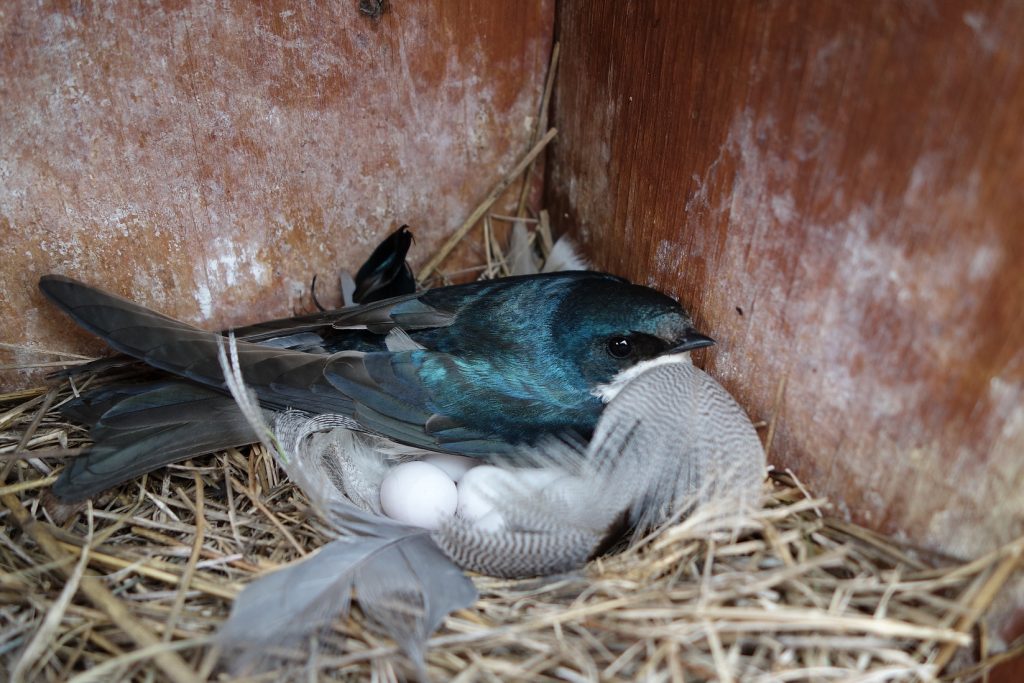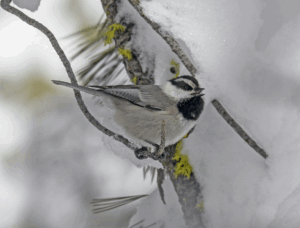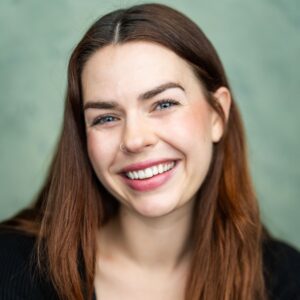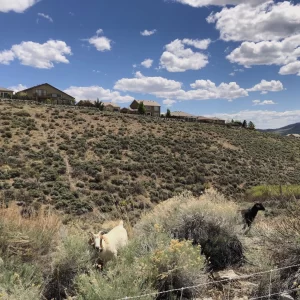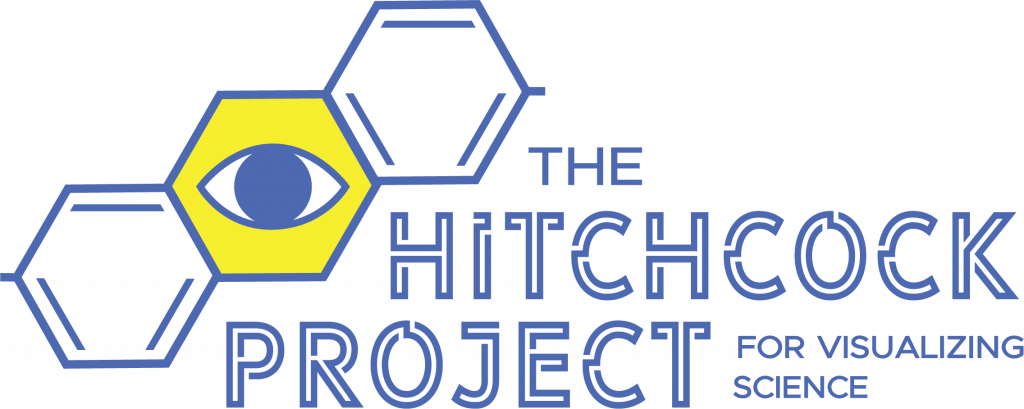Dr. Jenny Ouyang is an ecologist and professor at University of Nevada, Reno, studying how animals adapt to changing environmental conditions. We spoke with Dr. Ouyang about her research and her experiences and challenges as a woman of color in a male-dominated STEM field.
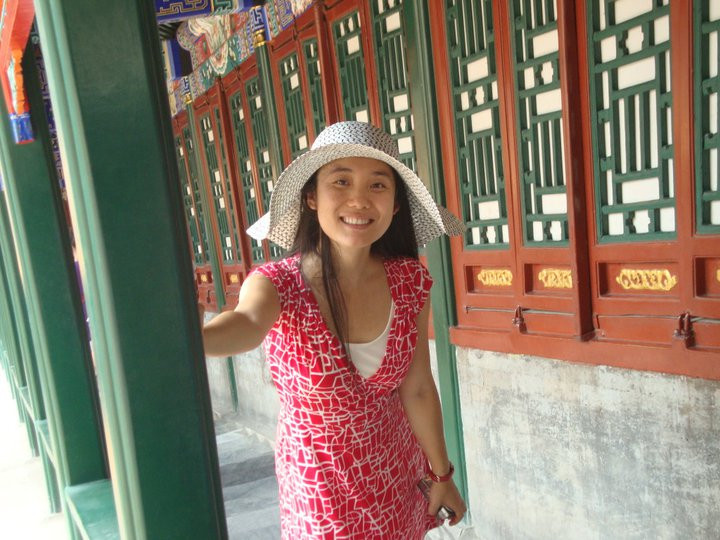
HP: What is the focus of your research?
JO: Our lab works on ecophysiology. We’re interested in why animals and how animals adapt to changing environmental conditions. The environmental condition we focus on right now is urban ecology, as more and more rural lands are being converted to urban habitats. We’re really interested in how animals physiologically and also behaviorally adapt to those environments.
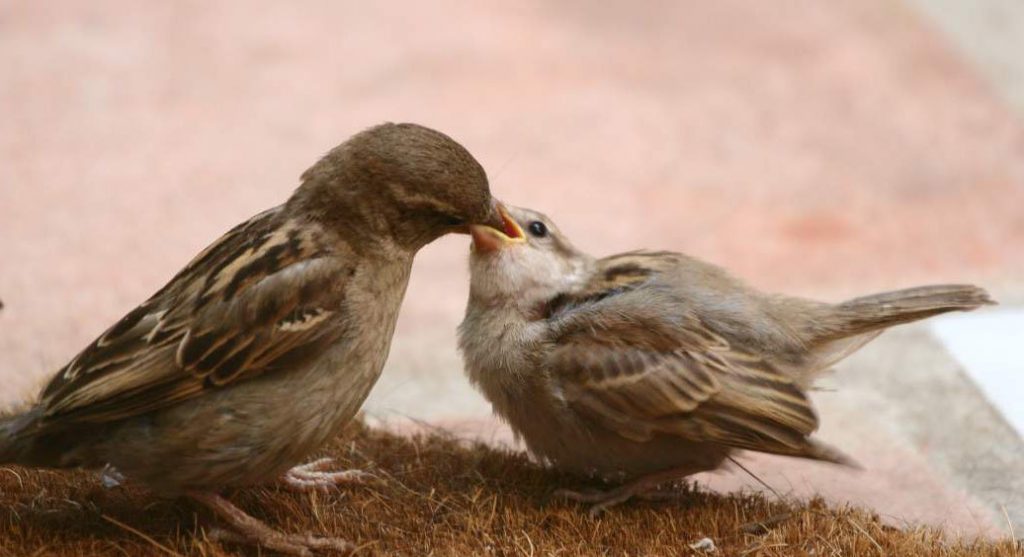
HP: Have there been any significant challenges you have faced in your STEM career that stand out to you, and how did you handle them?
JO: I think the most challenge I faced was when my PhD advisor, whom I love and respect, left my graduate institution in my first year and moved to Germany. So I had to decide whether I wanted to go to Germany, stay on the East Coast, or do this long-distance PhD relationship. I chose the third one, so I traveled back and forth between Europe and the U.S.
Not having my advisor at my institution was hard, but in the end I was really grateful because I was able to network with an amazing group of people in Europe, so I was able to do the best of both worlds.
The other challenge I faced in graduate school, especially when I moved to Europe. There were areas, especially small towns, where there weren’t many Asian people. So sometimes I would get a little bit of discrimination.
One time I was just biking down this road and somebody said, “Ching ching chong chong.” And that’s the first time anybody has ever said that to me, so I was shell-shocked.
In other small towns that I’ve traveled to for conferences or for trips, there’s people who would greet me in a weird manner simply because of how I looked. I guess you can call them microaggressions.
At one point I was attending a conference and there was a group of teenage boys who said something that wasn’t any language I knew, but they were obviously making fun of whatever language they thought I spoke. Since we were in the U.K., I actually turned around and said, “We are in the U.K., and the last time I checked, we greeted each other in Engligh.”
They were really shocked that I spoke English, and they quieted their laughter immediately.
I think it’s a delicate balance of being able to stand up for yourself, but also making sure that the environment in which you do that is also safe. I may not have done that if I was by myself or there was a larger group of people, but I do think it’s important to stand up for yourself.
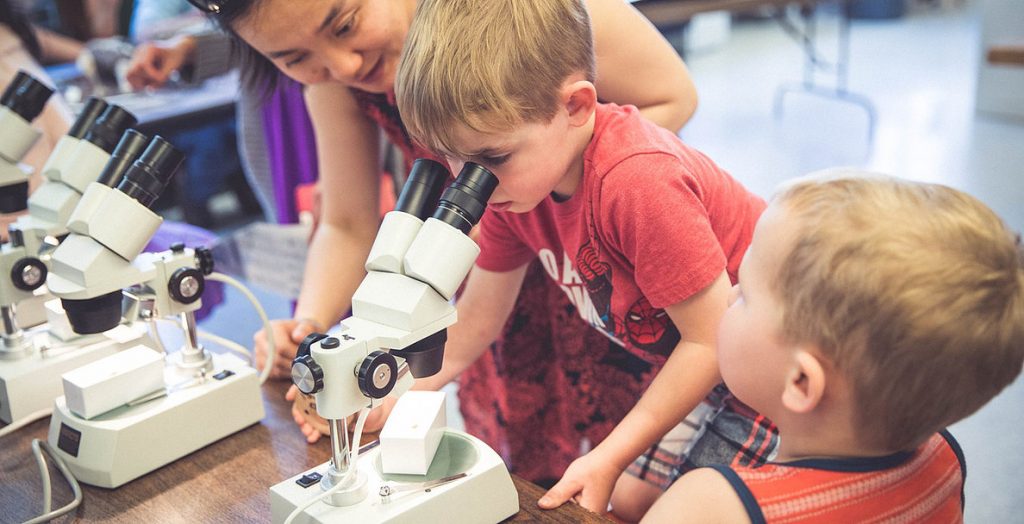
HP: Do you have any advice for elementary school girls or younger women interested in going into a STEM field?
JO: It sounds kind of cliche, but just follow your passions. I think that when you’re really excited about a topic or research idea or an animal, that kind of passion can lead you towards a path in STEM, or towards a path in anything. If you wish to be in that field, just follow your dreams and never give up.
Other advice I would say is to find role models. Look for the people hwo are doing what you love to do and seek help when you need it. A lot of us love to help, so email and talk to people who are in the positions that you want to be in, and ask them how they go there. I’m sure people would be happy to help.
